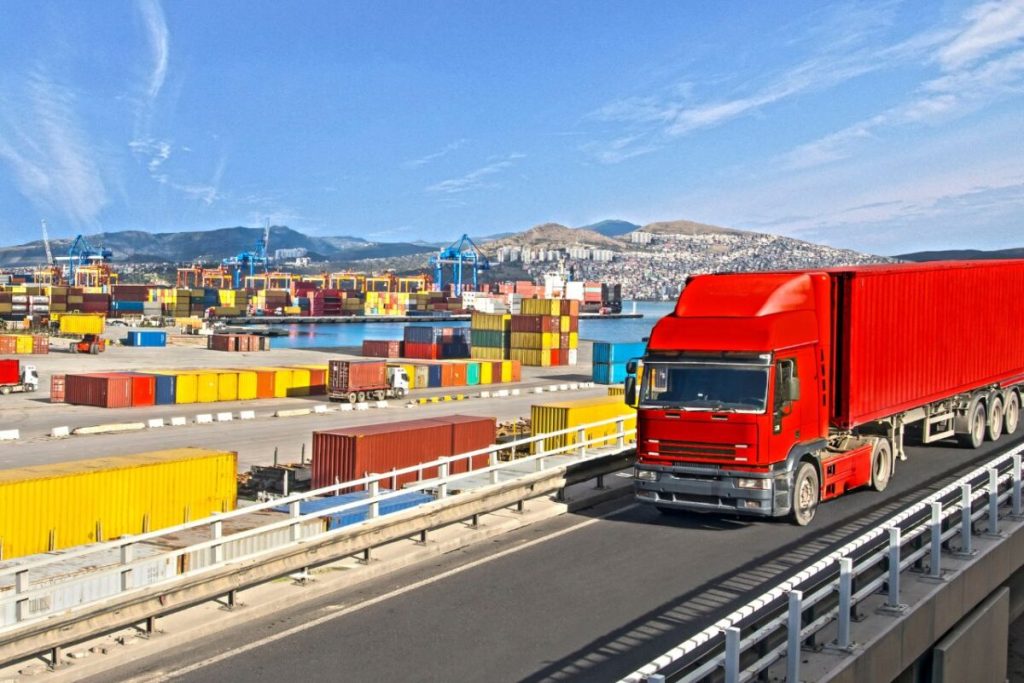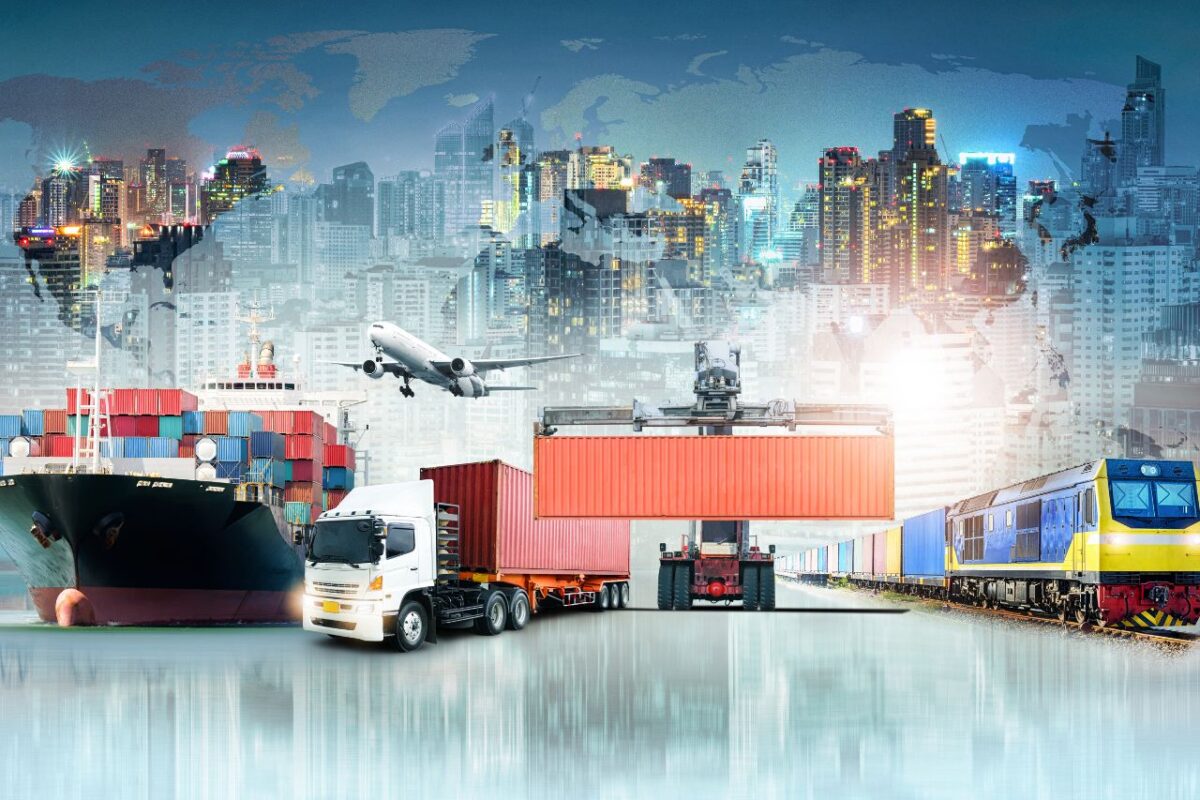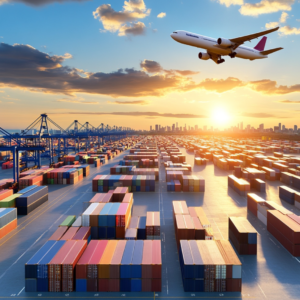In the delicate symphony of global trade, freight efficiency emerges as a key to economic development. It is more than just the movement of products from one location to another; it has a ripple effect that pervades economies, altering industries and stimulating growth. Let’s look at the enormous impact of freight efficiency on economic landscapes and how it paves the way for a successful future.
THE BACKBONE OF GLOBAL TRADE
BOOSTING ECONOMIC PRODUCTIVITY
Freight efficiency is like the turbo boost for economic productivity. Think about it: smooth and efficient freight processes mean faster deliveries, cheaper transit, and using resources like a pro. When stuff zooms through the supply chain, businesses become ninja-level agile, meeting market demands pronto. It’s all about fewer hiccups and more productivity dance moves. And guess what? This productivity party isn’t just for businesses; it’s the secret sauce for a nation’s economic mojo.
CREATING JOBS AND OPPORTUNITIES
The ripple effect of freight efficiency extends beyond the movement of goods; it reverberates through labor markets, creating jobs and fostering opportunities. Efficient freight systems require skilled professionals, from logistics experts to truck drivers, warehouse managers to customs officers. As the demand for proficient hands in the logistics sector grows, so does the spectrum of employment opportunities, providing individuals with a gateway to meaningful work and career advancement.

FOSTERING GLOBAL COMPETITIVENESS
In today’s world, where countries are all linked up economically, being globally competitive is a big deal. Freight efficiency is a game-changer here. Imagine a country that’s like a well-oiled machine – their freight systems are slick, costs are low, and supply chains are super optimized. That country will becomes a magnet for global businesses, attracting investments and boosting its economic power. It’s like having the coolest hangout spot in town where everyone wants to be. So, when a nation amps up its freight efficiency, it’s not just about moving stuff; it’s about flexing its muscles on the global stage.
ENVIRONMENTAL CONSIDERATIONS: THE GREEN RIPPLE
Freight efficiency isn’t just about dollars and cents; it’s got some eco-friendly vibes too. Picture this: efficient freight systems doing their thing while being kind to Mother Earth. They cut down on carbon footprints and go light on the environmental vibes. The optimization of routes, utilization of eco-friendly technologies, and adherence to sustainable practices contribute to a greener and more responsible freight industry. As environmental concerns gain prominence, the green ripple effect becomes an integral component of freight efficiency, shaping a more sustainable economic future.
TECHNOLOGY AS THE CATALYST
In the contemporary landscape, technology emerges as the catalyst that propels freight efficiency to new heights. Innovations such as Internet of Things (IoT), Artificial Intelligence (AI), and blockchain revolutionize how goods are tracked, managed, and transported. Real-time visibility, predictive analytics, and seamless communication between stakeholders optimize the entire freight ecosystem. The integration of these technologies not only enhances efficiency but also lays the foundation for a smarter, more connected global economy.
RESILIENCE IN THE FACE OF CHALLENGES
The ripple effect of freight efficiency is most evident in the resilience it imparts to economies facing challenges. Whether navigating through global crises, natural disasters, or geopolitical uncertainties, nations with efficient freight systems exhibit a remarkable ability to adapt and recover. The agility inherent in streamlined logistics ensures a prompt response to disruptions, minimizing economic shocks and fostering a sense of stability.
INVESTING IN THE FUTURE
As we reflect on the profound impact of freight efficiency, it becomes clear that investing in robust logistics infrastructure is an investment in the future. Governments and businesses that prioritize the development of efficient freight systems lay the groundwork for sustained economic growth. From the expansion of transport networks to the integration of cutting-edge technologies, such investments contribute to a resilient and prosperous economic future.
CONCLUSION: NAVIGATING TOWARD PROSPERITY
In conclusion, the ripple effect of freight efficiency extends far beyond the movement of goods. It is a dynamic force shaping economic landscapes, creating opportunities, and fostering resilience. As nations navigate the currents of global trade, prioritizing and enhancing freight efficiency becomes a strategic imperative. The result is not just a well-oiled logistical machine but a ripple effect that propels economies toward sustained prosperity, ensuring a future where the movement of goods becomes synonymous with the progress of nations.




